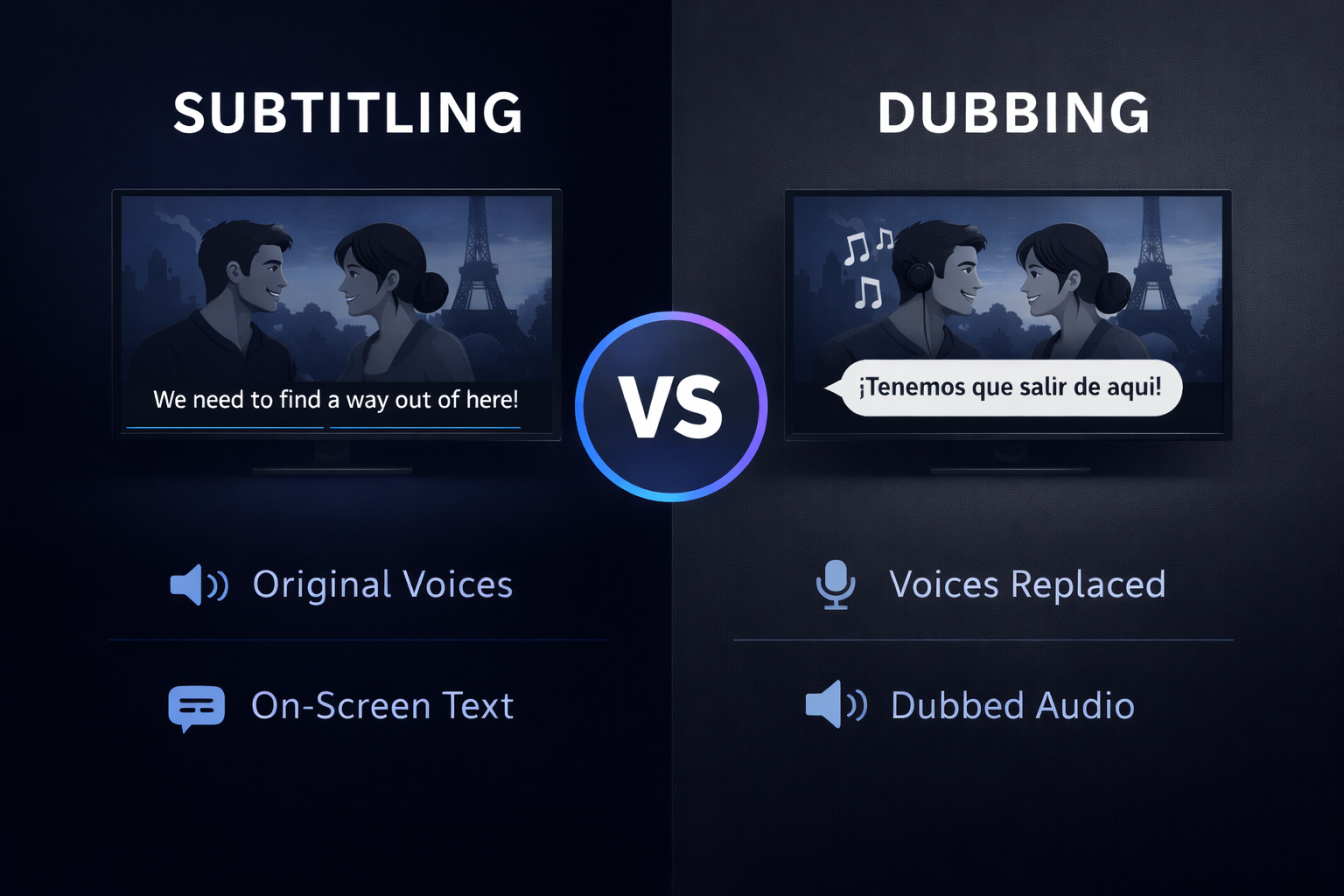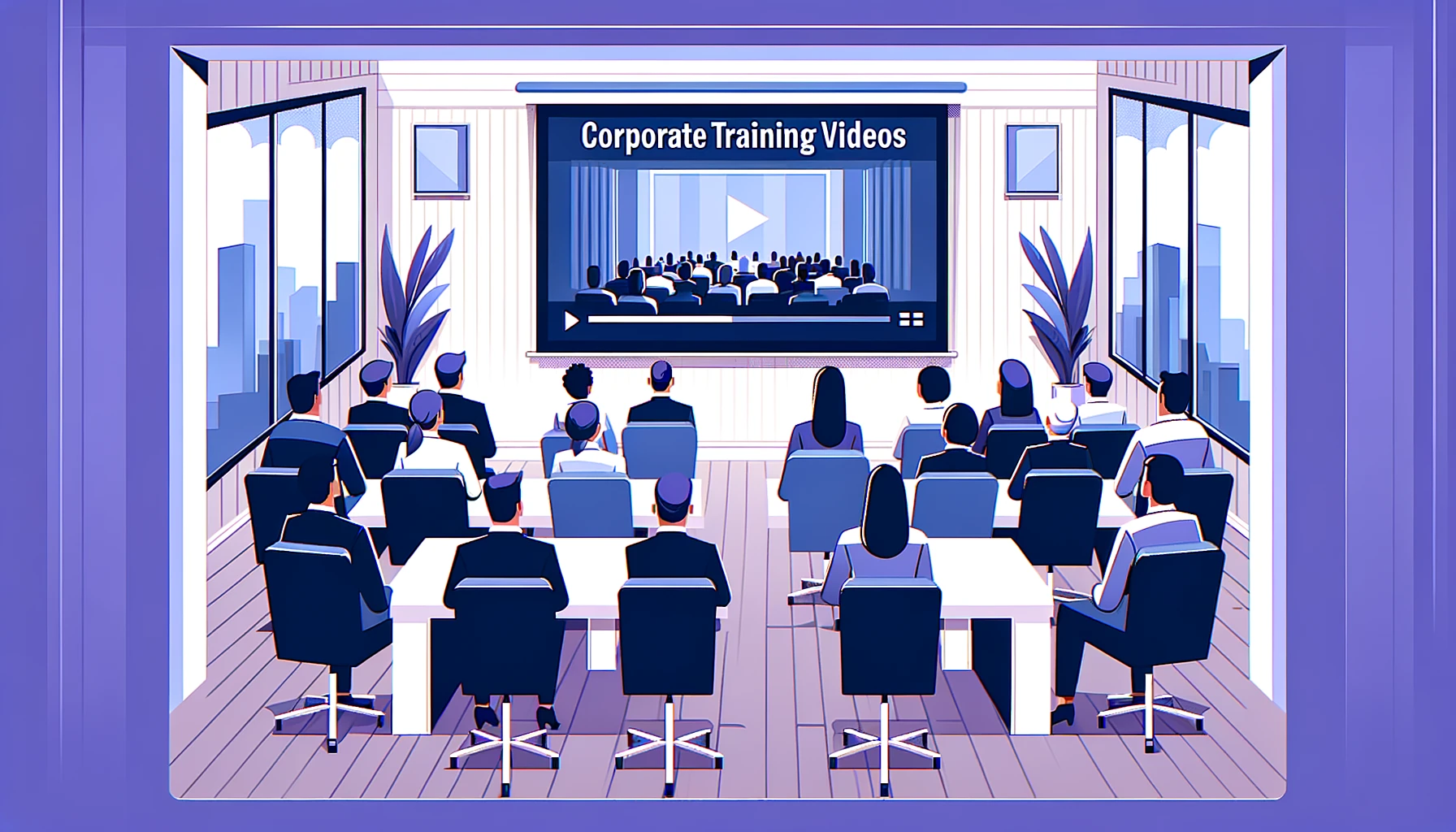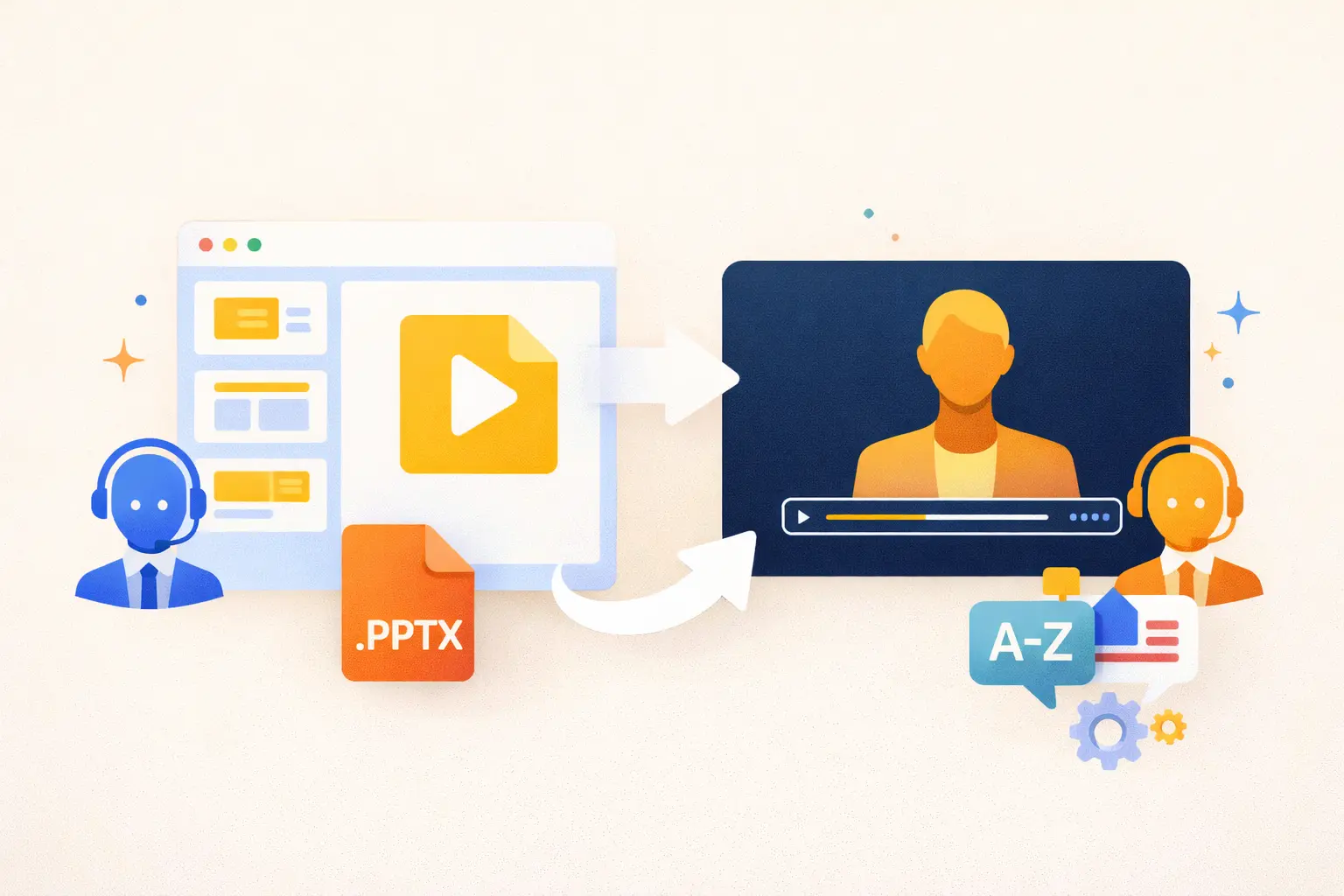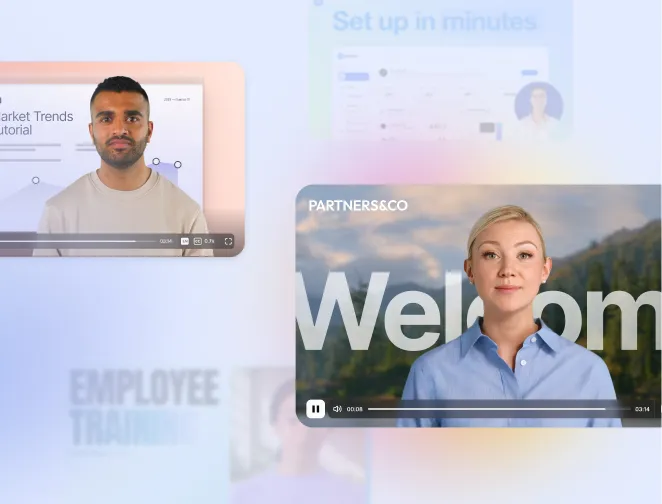
Create AI videos with 240+ avatars in 160+ languages.
Whether you’re switching from Heygen or comparing AI video tools for the first time, the differences in realism, security, and speed are hard to ignore.
After testing dozens of HeyGen alternatives for everything from training videos to marketing campaigns, I've found five platforms that solve these exact pain points.
Our ranking of the alternatives to HeyGen:
- Synthesia
- Colossyan
- Elai.io
- Hour One
- D-ID
The 5 best HeyGen alternatives compared
Pricing information accurate as of December 2025.
❗ Note: Hour One has now been discontinued after its acquisition by Wix.
I tried out 5 of the most popular HeyGen competitors. Here's what I found.
Note: If you're looking for free HeyGen alternatives, all of the competitors below offer free plans that allow you to generate videos without providing your credit card details.
1. Synthesia
Synthesia is an AI video generator that helps you create realistic videos on any topic in over 140+ languages and accents.
It offers an easy-to-use interface that doesn't require any video editing skills and comes with high quality AI and personal avatars, dynamic video templates, a screen recorder, a free media library, and real-time collaboration features. Synthesia's interactive features enable you to create branching scenarios and quizzes, and make videos much more engaging.
Synthesia is rated 4.7/5 on G2 based on more than 2,000 reviews.
Based on customer feedback, many users who compare HeyGen and Synthesia find Synthesia easier to use, with more professional-looking avatars and superior voice quality.
What I loved about Synthesia
- Incredibly realistic AI avatars: The AI avatars you can generate in Synthesia are the most realistic I’ve seen
- Support for multiple avatars: being able to include multiple avatars in a single video made it so much easier to create engaging conversations or dynamic scenarios that felt natural and interactive
- Avatars that act: With the latest avatars you can prompt them to act in scenes with Veo 3, plus customize their outfits and backgrounds with prompts
- 1-Click Translation + Multilingual Video Player: The multilingual video player automatically translates videos into the viewer’s language, allowing you to reach global audiences effortlessly
- Interactivity: You can add clickable call-to-actions, quizzes, and branching paths to your videos to make them truly interactive
- Live Collaboration, commenting, and Brand Kits: Keep larger teams on brand and in sync. Edit, review, and tweak videos together in real-time
- AI Screen Recorder: Perfect for creating walkthroughs and product demos. The screen recording capabilities made it easy to incorporate visual elements directly into my videos
- SCORM export functionality: As someone who often creates training content, I found the SCORM export functionality incredibly useful. It ensured my videos were compatible with LMS platforms
- Detailed video analytics: The built-in analytics helped me track the performance of my videos and understand viewer engagement
- Diverse video templates: Synthesia offers a wide range of templates for different use cases. Whether I needed a training video, a product demo, or a promotional clip, there was a template ready to go
- Intuitive video editor: Synthesia's AI video editor is easy to use. It's similar to making a PowerPoint presentation, so it all felt very familiar and straightforward
- Secure sharing: With secure sharing, your custom avatars and voice clones are yours only, and consent features ensure that each person consent before their voice or likeness is cloned
What could be improved
- No interactive avatars: Synthesia currently doesn’t offer interactive avatars, but this capability is coming in the very near future
- Higher price point: If you create only occasional, simple videos, a lighter tool may be cheaper. While the features are worth the investment for regular video creation, this might be a hurdle for those with tighter budgets
For more details check out our in-depth comparison of HeyGen and Synthesia.
Synthesia pricing
Synthesia offers free AI text-to-video generation and four main plans based on the number of videos you need:
- The Basic (free) plan allowed me to get started with 10 minutes of video per month and no credit card required
- The Starter plan is best for individuals or small teams, as it's priced at $29 per month ($18 per month when paying yearly) and provides a robust set of tools and avatar options
- The Creator plan is best for small teams who create videos professionally; it's priced at $89/month ($64 per month when paying yearly). Features like custom fonts and branded video pages make this plan ideal for businesses and content creators who produce regular, high-quality video content with brand-specific elements. The team collaboration feature also allows multiple users to work together seamlessly
- Enterprise plans are designed for larger organizations with extensive video production needs
2. Colossyan
Colossyan is an AI-powered video creation platform that lets users produce videos featuring AI-generated avatars. It supports over 100 languages and offers customizable avatars.
What I loved about Colossyan
- L&D focus: The platform offers scenario-based learning tools, the ability to upload PowerPoint or PDF files, and SCORM export support, which all make it a better fit than HeyGen for learning & development content. Interactive and branching scenarios are particularly helpful for training content
- Cost-effective business plan: The Business plan at $88/month for unlimited video stood out as a good value for money. If you’re planning to create a lot of videos, this pricing is much more affordable than many other platforms I’ve used
- Language support: The platform supports 100+ languages, providing comprehensive coverage for international audiences
What could be improved
- Lower quality avatars: I didn't find Colossyan's AI avatars particularly life-like, which harmed the professionalism of my videos
- Longer rendering times: I noticed that the rendering times were a bit slow. It typically took over 10 minutes to render a 40-second video, which made it hard to keep up my momentum when I was working on a video
- Fewer templates and media options: The platform doesn’t have as many templates or media resources as the other options I’ve tried. I often found myself having to start videos from scratch
- No versioning or real-time collaboration: For team-based projects, I found the lack of version control and real-time collaboration tools to be a drawback
- No multilingual player: This is a big disadvantage if you want your video to reach global audiences
- No video analytics: I couldn't get details on how my audience was engaging with my video
Colossyan pricing
Colossyan offers four main pricing plans (accurate as of December 2025)
The Business plan at $88/month offers the best value with unlimited video creation, 170+ avatars, and advanced features like AI image generation, brand kit, 10 auto-translations, and SCORM export. It's ideal for small to medium teams needing collaborative tools and dynamic content creation.
3. Elai.io
Elai.io is an AI-powered video creation platform that enables users to produce professional-quality videos featuring customizable digital presenters. It provides voice-uploading capabilities, professional editing tools, and customizable templates in over 75 languages.
What I loved about Elai
- AI storyboard feature: Elai’s AI storyboard tool quickly became one of my favorite features. With just a single prompt, it helped me organize content, visuals, and narration into a cohesive video outline. It made the planning stage feel effortless
- Broad language support: Elai supports around 75 languages, so they probably support the languages you need
- Automated translation: The one-click translation feature let me instantly localize my videos into multiple languages without having to manually tweak anything
- SCORM export functionality: Available on the enterprise plan, which is important for LMS integration
What could be improved
- Smaller avatar library: Elai’s selection of avatars felt a bit limited to me
- Unrealistic avatars: Elai's avatars lack lifelike micro-expressions and customizable gestures. These details make a big difference in how polished the final video feels
- Fewer templates: Elai's template library felt sparse compared to other alternatives. I often found myself starting from scratch
- Lip-sync quality: The lip-syncing wasn’t quite as natural as I’d hoped, and it especially stood out in longer videos
- Rendering time: Rendering videos on Elai sometimes took longer than I expected. After experiencing faster processing times with the other platforms, this was a noticeable downside for me
- Fewer workflow accelerators: Limited media libraries and templates mean more from-scratch builds, which slows down production
Elai pricing
Elai.io offers a free plan as well as paid plans (accurate as of December 2025):
The Creator plan at $29/month works for small businesses and creators needing limited video production. It includes 15 minutes of video time, over 80 avatars, no watermark, and basic features like text-to-video and 3 monthly auto-translations. It's suitable for simpler marketing content or training videos.
4. Hour One
❗ Note: Hour One has now been discontinued after its acquisition by Wix
Hour One was an AI-driven video creation platform that enabled users to produce professional-quality videos featuring realistic virtual human avatars. It offered a user-friendly interface with customizable templates, text-to-video capabilities, and support for over 80 languages.
What I loved about Hour One
- Photorealistic avatars: One of the things I appreciated most about Hour One was the quality of its avatars. They’re lifelike, closely resembling real humans, which added a polished, professional feel to my videos.They're particularly attractive for short marketing clips and landing page explainers
- Customization options: I liked having control over avatar expressions, camera angles, and the ability to integrate music or voiceovers. It gave me flexibility to fine-tune my videos
What could be improved
- Lack of micro-gesture technology: While the avatars look realistic, I noticed they lack micro-gesture technology. Without subtle facial movements and gestures, they felt a bit less expressive compared to the other platforms.
- Limited screen recording availability: Screen recording is only available in the higher-tier Business and Enterprise plans, which may be limiting for users on the Lite plan who need this functionality for tutorials orvisual aids.
- Limited avatar library: The smaller library of AI avatars felt restrictive for me. I would have liked more variety to suit different projects.
- Fewer advanced features: Hour One is missing certain advanced functionalities I’ve come to value, like using multiple avatars in a single video. These limitations made it less versatile for creating more complex or dynamic scenes
- Rendering time: Video rendering took longer than expected, which slowed down my workflowcompared to faster alternatives
- SCORM export limited to higher plans: SCORM export functionality is only available in the Business and Enterprise plans
Hour One pricing
Hour One used to offer three pricing plans: Lite, Business, and Enterprise (accurate as of December 2025):
While the Lite plan was affordable, it lacked branding and collaboration tools. For most teams or small businesses, the Business plan striked a strong balance between features and cost.
5. D-ID
D-ID is a versatile AI video generator platform that uses generative AI for facial animation, image generation, and quick talking-portrait videos.
What I loved about D-ID
- Photo-to-avatar creation: I liked the ability to create a custom avatar directly from a single photo. It's a fun feature, although I'd still recommend using a high quality webcam for creating custom avatars for professional video creation.
- Historical and famous stock avatars: D-ID offers a library of historical and famous figure avatars, which I found to be a fun and useful addition. It’s great for adding recognizable personas to videos. Again, it's probably not suitable for professional videos
What could be improved
- Limited avatar variety: I found the selection to be quite limited compared to other platforms with more extensive options
- Watermarked videos on basic plans: One big frustration for me was that D-ID’s videos are watermarked unless you upgrade to the Advanced plan. This limitation made the Lite and Pro plans unusable for professional work
- No commercial license for Lite plan: I also noticed that the Lite plan doesn’t include a commercial license. This meant I had to upgrade to at least the Pro plan for any kind of professional use, which adds to the cost
- Limited templates and media libraries: I found the lack of video templates and media libraries made creating videos from start to finish much more time-consuming
- No screen recording functionality: The absence of a built-in screen recorder stood out as a significant limitation for me. It’s a feature I rely on for creating tutorials and walkthroughs, and not having it reduced the platform’s versatility.
- No SCORM export support
D-ID pricing
D-ID offers a free trial and paid studio plans (accurate as of December 2025):
At $29, the Pro plan is relatively affordable and includes 15 minutes of video, access to 3 personal avatars, and 60 credits for generating videos. This is enough for users needing moderate customization without a high monthly cost.
Why look for a HeyGen alternative?
HeyGen is an AI-powered video creation platform that enables users to produce professional-quality videos featuring AI-generated avatars. It offers a range of features, including customizable templates and text-to-speech capabilities.
HeyGen's limitations
Here are the main disadvantages I found after trying out Heygen for a few days:
- No multi-avatar scenarios: HeyGen doesn’t support multiple avatars in a single video, so I couldn't create conversational scenes
- No real-time collaboration feature: HeyGen lacks real-time collaboration, so I couldn't work simultaneously on a video with someone else (like you would in Google Docs, for example). If you're working on videos with your team, this will be a pain point
- No multi-lingual video player: HeyGen doesn’t have a multilingual video player that lets your audience change the language of your video with one click. This is a pretty big disadvantage if your videos are targeting global audiences
- No SCORM export functionality: Since I often work on training and education videos, HeyGen's lack of support for SCORM exports (which allow you to easily export to Learning Management Systems) is a pretty big disadvantage
- No detailed video analytics: HeyGen doesn’t include built-in analytics, so I can't see how my audience is engaging with my videos. Having access to good video analytics is important, as I need to get feedback on my videos so that I can keep improving them
- Limited avatar selection: HeyGen's selection of AI avatars is smaller compared to some alternative platforms
- Basic gesture and expression control: HeyGen's avatars lack advanced gestures and micro-expressions, which made them feel less lifelike
- Rendering predictability: Processing can be slow for some use cases, which affects tight production schedules
- GDPR/data residency uncertainty: If you require EU data handling, confirm vendor hosting and DPA options before you commit
HeyGen pricing
Here’s a summary of HeyGen's pricing plans (accurate as of December 2025):
In terms of value for money, I find that HeyGen's Creator plan likely provides the best balance for individual creators and small businesses. It removes the watermark, includes HD quality, and allows unlimited 30 minute long videos at a reasonable price.
How to choose the best AI video generation software
Let's go over the things that I was looking for when deciding on which AI video generation platform to use:
- Ease of Use: A straightforward, intuitive interface that minimizes the learning curve, allowing me to start creating quickly
- Branding Capabilities: Options for logos, brand colors, and other brand-specific elements that strengthen brand identity within videos
- Language Support: Multilingual and localization features to reach and engage a global audience effectively
- Content Flexibility: A diverse range of templates suited to different video types (e.g., training, explainer, outreach)
- Avatar and Voice Quality: High-quality, lifelike avatars and AI voices that enhance engagement
- Collaboration and Scalability: Tools for multi-user access, role-based permissions, and collaboration, enabling smooth teamwork
- Cost Effectiveness: A clear return on investment based on the platform’s features, usage volume, and added value
- Data Security: Strong data protection and compliance features, crucial for safeguarding internal content
- Customer Support: Reliable support and resources to help you get the most out of the platform and troubleshoot effectively
About the author
Content Writer & Marketing Expert
Ema Lukan
Ema Lukan is a seasoned Content Writer and Marketing Expert with a rich history of collaborating with marketing agencies, SaaS companies, and film studios. Her skill set encompasses copywriting, content creation, and a profound understanding of the intricate fabric of brand identity. Ema distinguishes herself not merely as a wordsmith but as a storyteller who comprehends the power of narratives in the digital landscape. Fascinated by new technologies, she navigates the evolving marketing terrain with creativity and analytical precision, leveraging data to refine strategies. Her passion lies in crafting compelling stories that resonate, always mindful of the ever-changing dynamics in the digital world and the culture shaping it.

What are some top alternatives to HeyGen for AI video generation?
Synthesia is widely considered the leading alternative to HeyGen, thanks to its combination of avatar realism, feature breadth, language support, and enterprise-grade tooling. Other notable platforms include Colossyan, Elai.io, and D-ID, each with distinct strengths (e.g. cost, avatar creation, translation, or niche use-cases). Hour One has been discontinued since its acquisition by Wix.
These alternatives differ in avatar variety, rendering speed, workspace collaboration, and export options — so the “best” choice depends heavily on the specific video use case (training, marketing, internal comms, etc.).
How does Synthesia compare to HeyGen in terms of language support and avatar selection?
Synthesia supports over 140 languages and accents and offers more than 240 AI avatars, giving creators a much broader palette for localizing content and tailoring presenter styles.
By contrast, HeyGen covers a more limited language set and fewer avatar options — which constrains how effectively you can localize content or match brand voice across regions. The broader options in Synthesia also reduce the need to “settle” on a suboptimal avatar simply because the ones you want aren’t supported.
Which AI video generation platform offers advanced gesture and expression controls for avatars?
Synthesia stands out for offering nuanced gesture and micro-expression controls in its avatar system, making the digital presenters feel more lifelike and emotionally calibrated.
In practice, this means your avatars won’t look as static or robotic — you can tune where they gesture, pause, and animate facial movements to align with tone. If realism and engagement are priorities (especially in training or messaging where trust matters), this gives Synthesia a clear edge.
Can I try AI video platforms before committing to a paid plan?
Most AI video generators offer trial options to test their features. Synthesia provides a free plan where you can explore the platform's capabilities and create videos to see how our AI avatars and voice generation work for your specific needs.
Which HeyGen alternative is best for business presentations?
For business- and enterprise-focused content, you should prioritize platforms that support branding, translation, collaboration, analytics, and LMS integration — all in addition to avatar quality.
Synthesia is compelling here because of its Brand Kit, multilingual video player, collaborative workspaces, SCORM/lms export, and built-in analytics. These features make it easier to maintain consistency, scale globally, and measure ROI — something many simpler alternatives don’t offer at enterprise scale.
Can I create localized videos with an AI video platform?
Yes — Synthesia supports one-click translation and AI video dubbing, enabling you to convert a source video into dozens of languages while preserving lip-sync and avatar alignment.
This lets you reuse a single video core across markets without having to re-record voiceovers or re-animate scenes manually. For global audiences, that capability alone can justify migrating from simpler platforms.
What features should I look for in an AI video creation tool?
The most critical features to compare are:
- Avatar and voice quality (realism, micro-expressions, lip sync)
- Language / localization support (languages, accents, translation)
- Interactivity (clickable CTAs, branching scenarios and quizzes in videos)
- Collaboration & team tools (role management, versioning, workspaces)
- Integration & export options (LMS/SCORM, API, video formats)
- Branding & customization (fonts, colors, logos, custom avatars)
- Analytics & performance tracking
- Rendering speed and resource limits
- Security, compliance & data privacy














